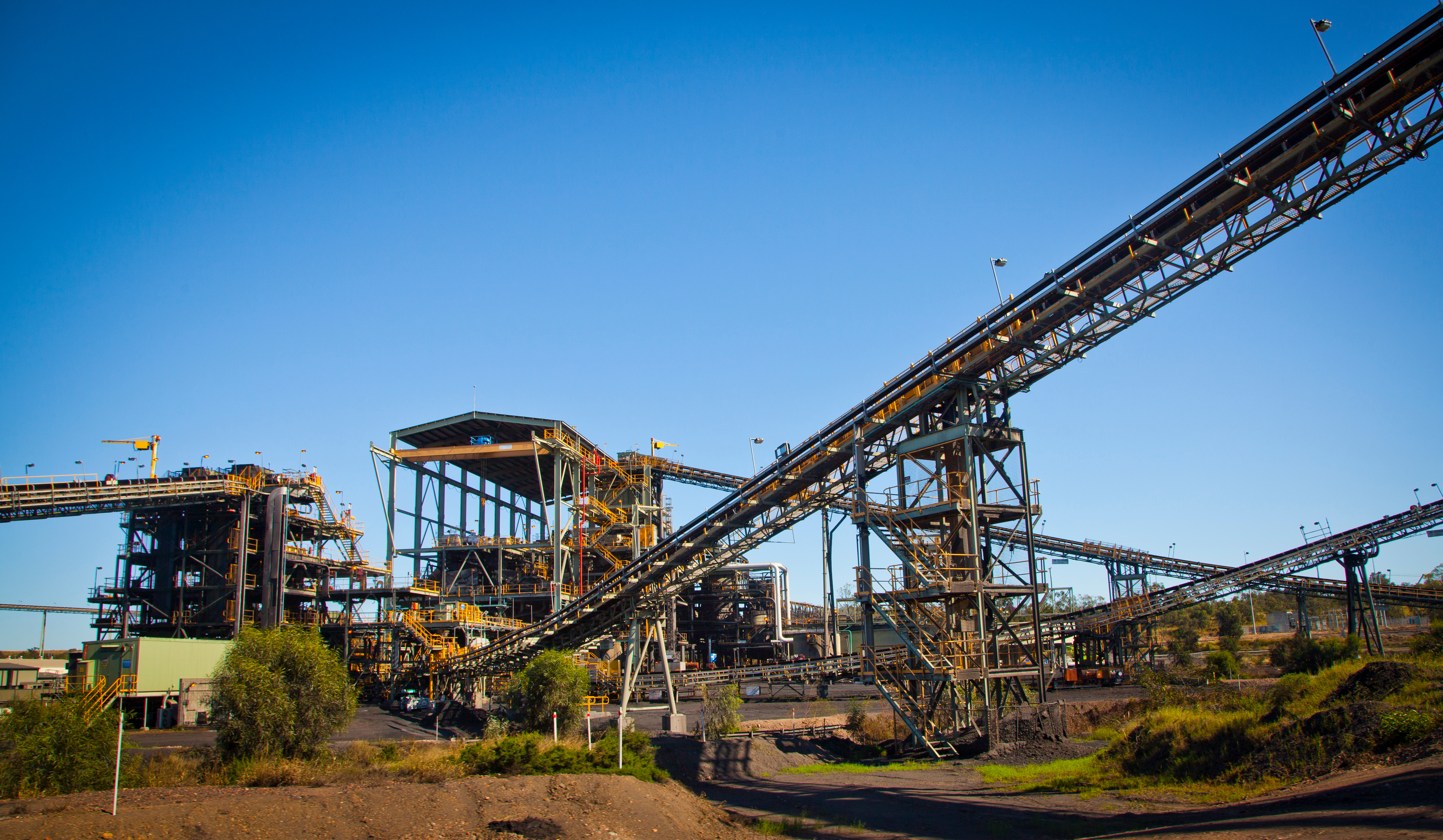Sustainable mining, also known as responsible mining or green mining, is the practice of extracting mineral resources in a manner that minimises environmental impact, promotes social responsibility, and ensures long-term economic viability.
It involves integrating principles of sustainable development into mining operations and encompasses various aspects, including environmental stewardship, social engagement, and economic resilience.
Sustainable mining places a strong emphasis on the health and safety of mine workers. It promotes the implementation of robust health and safety management systems, training programs, and protocols to ensure safe working conditions, prevent accidents, and protect the wellbeing of workers. This includes proper ventilation, hazard identification and mitigation, ergonomic considerations, and emergency response planning.
Sustainable mining involves transparent and accountable business practices. It promotes the disclosure of environmental and social impacts, adherence to ethical standards, and compliance with regulations and international frameworks. Companies engaged in sustainable mining are committed to responsible governance, including fair labour practices, anti-corruption measures, and ethical supply chain management.
Sustainable mining seeks to optimise resource use and minimise waste generation. It promotes efficient extraction techniques, such as advanced ore processing technologies, to maximise resource recovery and minimise the extraction of low-grade ores. Additionally, sustainable mining encourages the adoption of circular economy principles, where materials are recycled, reused, or repurposed to minimise the need for new resource extraction.
Sustainable mining prioritises the well-being and rights of local communities and stakeholders affected by mining operations. It involves meaningful engagement with local communities, indigenous peoples, and other stakeholders to address their concerns, respect their rights, and ensure that mining activities provide social and economic benefits. Sustainable mining practices prioritise local employment, capacity building, and community development initiatives.
Sustainable mining requires collaboration among stakeholders, including mining companies, governments, local communities, NGOs, and academia. Partnerships and collaborative initiatives foster knowledge sharing, capacity building, and the development of best practices in sustainable mining. Engaging in multi-stakeholder dialogue and industry initiatives helps drive continuous improvement and the adoption of sustainability principles across the mining sector.
Sustainable mining aims to minimise the environmental impact of mining activities throughout the entire mining life cycle. This includes implementing measures to reduce air and water pollution, conserving biodiversity, mitigating habitat destruction, and promoting land reclamation and rehabilitation. Sustainable mining practices also focus on reducing greenhouse gas emissions and energy consumption, adopting renewable energy sources, and managing water resources responsibly.
Sustainable mining embraces technological advancements and innovation to improve mining practices. This includes the use of advanced mining techniques, automation, remote monitoring, and digital solutions to enhance efficiency, safety, and environmental performance. Sustainable mining also encourages the development and deployment of clean technologies, such as renewable energy systems and emission reduction technologies, to reduce the carbon footprint of mining operations.
A technical-commercial advisory consultant can play a crucial role in helping mining operations become environmentally sustainable by providing expertise, guidance, and strategic advice.
Here are some ways in which a technical-commercial advisory consultant can contribute to this goal.

The consultant can conduct a comprehensive assessment of the mining operation’s environmental impact. This involves evaluating the current practices, identifying potential environmental risks and impacts, and recommending strategies to minimise or mitigate them. They can also assess compliance with environmental regulations and standards.
The consultant can analyse the mining operation’s technology, equipment, and processes to identify opportunities for improvement. They can recommend and implement innovative technologies and best practices that reduce energy consumption, water usage, and emissions. This may include the adoption of cleaner and more efficient extraction methods, waste management strategies, and recycling initiatives.
The consultant can provide guidance on sustainable resource management practices. This involves optimising the use of natural resources, such as water and energy, and promoting resource efficiency throughout the mining value chain. They can suggest measures to minimise waste generation, promote recycling and reuse, and identify opportunities for by-product utilisation.
A consultant can assist mining operations in engaging with local communities, indigenous groups, and other stakeholders. They can help develop strategies for community engagement, consultation, and collaboration. By incorporating the concerns and interests of stakeholders into decision-making processes, the consultant can support the development of socially responsible practices and foster positive relationships.
The consultant can help mining operations navigate the complex landscape of environmental regulations and certification requirements. They can assist in achieving and maintaining compliance with applicable environmental standards and obtaining environmental certifications, such as ISO 14001. This ensures that the operation meets recognised environmental management criteria and demonstrates a commitment to sustainability.
The consultant can conduct financial analysis and develop a business case for implementing environmentally sustainable practices. They can assess the costs and benefits of adopting sustainable technologies and processes, including potential savings in energy and water consumption, waste management, and regulatory compliance. This information helps mining operations make informed decisions about sustainable investments and prioritise initiatives based on economic and environmental factors.
The consultant can design and implement performance monitoring systems to track environmental metrics, such as energy consumption, water usage, greenhouse gas emissions, and waste generation. They can develop reporting frameworks that allow the mining operation to transparently communicate its environmental performance to stakeholders and demonstrate progress towards sustainability goals.
The consultant can support mining operations in establishing a culture of continuous improvement. They can benchmark the operation’s environmental performance against industry best practices, identify areas for improvement, and develop action plans to drive progress. By monitoring and reassessing performance regularly, the operation can make iterative changes and continually strive for greater environmental sustainability.